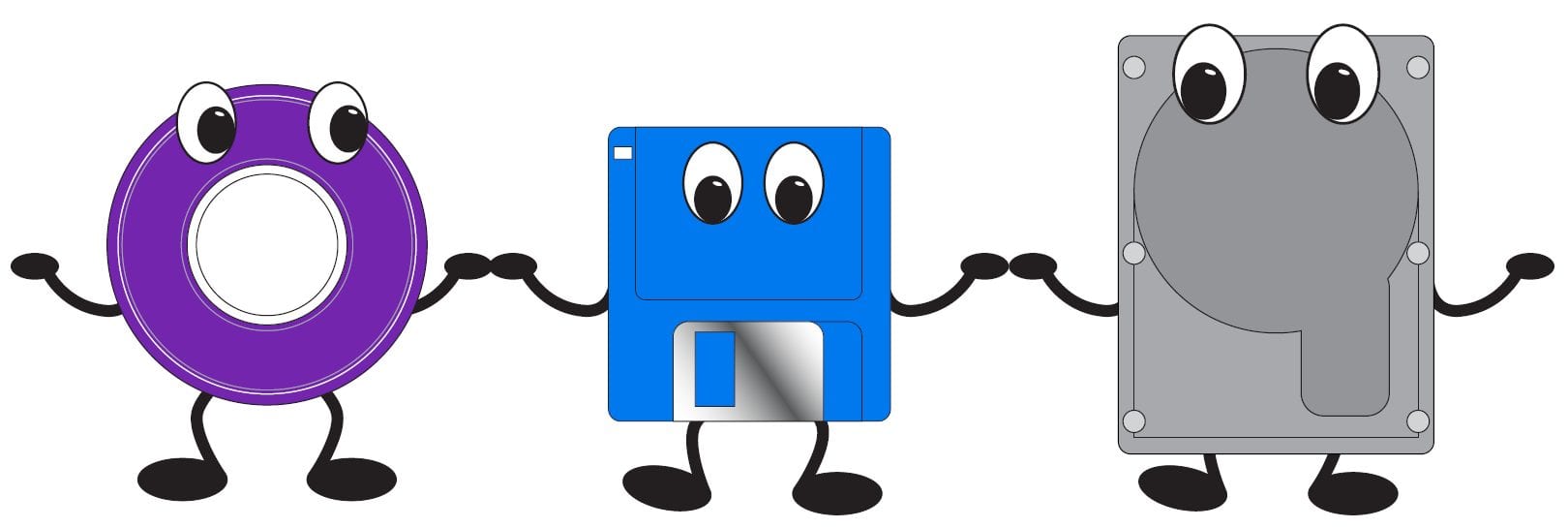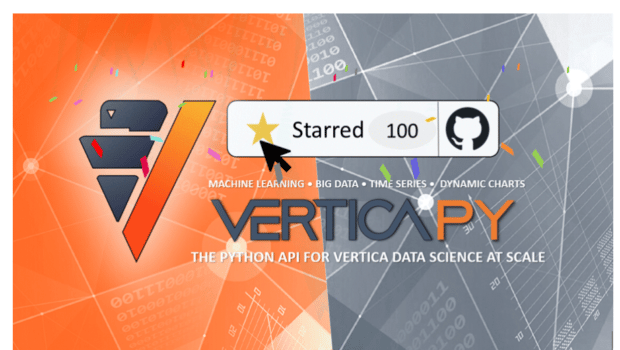
Disruption Fueled by Data
In the retail industry, Customer Behavior Analytics is obviously a popular topic. Retailers want to know when I show interest, how I navigate their website, how quickly I click on an advertisement that stalks me on the web, and the promotions that convince me to purchase. But today, this information is table stakes – everyone has it. Now let’s look at the industry disruptors, like ThirdLove, a very successful online retailer based in San Francisco that offers custom fitted bras to women. I would never have imagined buying something like this online because trying on all the different brands who follow different sizing standards was my only choice. But ThirdLove knew I deserved more – more than just a cool and contemporary Website or free shipping or targeted promotions. ThirdLove leverages the 600 million data points it has collected from more than 11 million women such as shape, cup fit, and band tightness to create better-fitting bras, especially by pioneering the use of half-sizes. Competitors like Victoria’s Secret and SOMA “protected” themselves by building Websites, sponsoring online advertisements, and offering to ship their products. But now you can see that “small, inherited variations” are not enough to survive, and will never be enough to thrive and lead. Shares of L Brands, the parent company of Victoria’s Secret, has declined 50% this year, the lowest level since 2010. ThirdLove has raised $30M in funding and is currently valued at $750M (with an estimated $80M in profitable revenue) and recently earned a spot on Forbes’ annual Next Billion-Dollar Startups list.Think Traditional Industry Leaders Are Exempt from Disruption? Think Again
The most well-known, recognized brands in every industry have an innate advantage. They have large and profitable revenue streams, a global customer base, valuable brand equity, a large employee population and well-established infrastructure and processes to run their businesses. Most importantly, in our world today, these companies have a treasure trove of data. But these advantages can quickly and easily become the greatest threats to survival. Large companies can afford risk but inherently resist change, believing that it’s too complicated, it’s too expensive, and it threatens the status quo. After all, they’re already the leaders in their respective industries, so why change? The answer is clear – the future belongs to the fast, to the companies who fundamentally change their objectives and rather than seeking to protect themselves from disruption, choose to consciously and aggressively disrupt their own industries. And the one unifying strategy, regardless of industry, that makes all of this possible is the unification of disparate data siloes and the pivot from historical reporting to predictive analytics.Unifying massive swamps of data across multi-billion dollar organizations is extremely difficult. Implementing sweeping changes to how business decisions are made and what is needed to make those decisions is a massive undertaking. Watching small, agile, and entrepreneurial companies move quickly and creatively in the market is frustrating. The innate human desire to simply protect and survive is strong. But today, Digital Darwinism is not only “unkind to those who wait,” but it’s equally unkind to those who take only small and safe steps.
Meet AmeriPride, a 90-Year Old Data Disruptor
At Vertica, we thrive in the world of New Economy players. Vertica powers new industries like AdTech, FinTech, Online Gaming, Social Media, and more. Vertica was built from the first line of code for the performance expectations of the companies who were built on a foundation of data as their most valuable asset. But Vertica is also a key component for some of the most mature and traditional companies in industries that don’t necessarily pop into your mind when you think about disruption. Consider AmeriPride, a uniform rental and linen supply company based in Minnetonka, Minnesota, which was founded almost 90 years ago and, until recently, was family owned. But now, AmeriPride is owned by a multi-billion dollar company called Aramark and the CIO of AmeriPride, Stephen John, is a C-level executive at the Aramark leadership level, helping Aramark to achieve what he and his team did at AmeriPride – 419% ROI with a payback in just 1.4 years and projected annual benefit (increased revenue and cost reductions) of $3.6M. It’s hard to imagine a company in this industry at this age to be an industry disruptor that has achieved so much success that it was acquired by a competitor and one of the greatest assets that came with that acquisition was the big data transformation powered by Vertica.Change is foundational to survival. But only bold and transformative change is foundational to success.






